As a testament to the fact comic geeks can be book geeks, too, UTF recently wrote a review of Man of Steel: The Novelization, which was published by Titan Books and written by veteran writer Greg Cox. And like true book geeks, we actually liked the novelization better than the movie.
Cox has been at the novelization game a long time and has become one of Hollywood’s go-to writers when it comes to movie adaptions. And he recently agreed to answer some of our questions about MAN of STEEL and his other work.
 UTF: This isn’t the first novelization you’ve done. In fact, you’ve written a string of successful comic movie adaptations including MAN OF STEEL,THE DARK KNIGHT RISES, DAREDEVIL and GHOST RIDER. What are some of the joys and challenges of writing for this particular genre?
UTF: This isn’t the first novelization you’ve done. In fact, you’ve written a string of successful comic movie adaptations including MAN OF STEEL,THE DARK KNIGHT RISES, DAREDEVIL and GHOST RIDER. What are some of the joys and challenges of writing for this particular genre?
COX: Well, I’ve been a comic book fan for as long as I can remember. I remember dressing up as Green Lantern for Halloween when I was just a little kid. So I have superheroes in my blood, and the fanboy in me still gets a kick out of getting a chance to actually write characters that I’ve been enjoying all my life. The challenge, of course, is trying to capture all the color and excitement of a comic book movie in mere prose.
UTF: I’d love to learn a little more about your writing process for MAN OF STEEL. How long did it take for you to write? And how many drafts did it take for you to complete?
Cox: I spent three days on the Warner Bros. lot in Hollywood taking over a hundred pages of notes on the screenplay, then flew home to Pennsylvania to write the novelization. The actual writing went fairly quickly and smoothly, since the screenwriters had already worked out the plot and dialogue. As I recall, it took me about two months to write the book, and I only had to do some minor revisions later on. It wasn’t like some movies, where the script keeps getting rewritten, so you have to incorporate lots of last-minute changes into the manuscript.
UTF: Superman is a precious commodity for DC Entertainment, and I imagine they take considerable effort to ensure the character’s branding remains consistent. But at the end of the day, he’s still a comic book character and all characters need writers to survive. How closely did DC Entertainment work with you to ensure your work fit their vision of the character? Or, put another way, how much freedom were you given in adapting the film?
Cox: In general, I stuck pretty close to the script since this was a novelization after all, not an original novel. I wasn’t trying to put my own spin on Superman as much as I was trying to capture the way he was portrayed in this movie. Most of the time, when I was communicating with the folks at Warner, it was to try to find out more about the movie’s visuals so I could describe them more accurately. (“So, this Codex thingie. What exactly does it look?”)
UTF: It’s not uncommon for movies to undergo script adjustments during filming. How might this effect the writing of a novelization? And have you ever had to rewrite scenes based on script changes?
COX: That’s happened to me before, but not really on this project. I once had to rewrite the last fifty pages of a novelization because they shot a new ending, and another time I had to go through with a red pencil and literally change a name throughout the entire page proofs! And sometimes the casting process requires some adjustments. (“Oh, that old French guy in the script? He’s now a young Asian woman.”)
UTF: There’s been a lot of debate among fans about Superman’s choice to kill Zod. What sort of writing challenges, if any, did crafting this scene raise for you?
COX: I knew that scene was going to controversial when I read the script, so I knew I had to get it right. The most important thing was to not treat this moment lightly. If Superman was going to do this, I had to show what an agonizing personal choice this was for him.
UTF: What are some qualities that you consider central to the character of Superman, and how did you chose to emphasis these in your novelization?
COX: Unlike Batman, Superman does not want to strike fear in the hearts of evildoers. He’s incredibly powerful, but goes out of his way to put people at ease. He’s here to help people, not scare them, or intimidate them, or throw his weight around. And, of course, he’s always going to help people if he can. I like that, in the movie, the very first thing we see Clark do is leap off a fishing boat to rescue those trapped workers on the burning oil rig. That’s Superman right there, even if he isn’t wearing the suit yet.
UTF: I love the fact you named one of the fishermen on the Debbie Sue, Byrne — a reference, I’m assuming, to John Bryne. Did you plant any other Easter eggs in this novelization that fans should keep an eye out for?
COX: To give credit where it’s due, “Byrne” and plenty of other Easter eggs were already there in the original script. I did, however, sneak a reference to Nam-Ek’s Silver Age origin into his description in the book. (Nam-Ek being the giant Kryptonian who joins Faora in trashing Smallville.)
UTF: If you could have added any additional scenes to this novelization what would they have been? Were there any relationships you would’ve liked to explore more? Or characters you would’ve liked to have expanded on?
COX: At first, I was surprised that the movie didn’t actually show the Kents finding little baby Kal-El in the crashed spacecraft, but, in retrospect, I guess we’ve seen that scene before so there was no real need to restage it again. And I’m curious to find out more about this new version of Lois Lane Is she an Army brat like in the current comic book continuity? I was deliberately vague about her background so as to avoid contradicting any future movies.
UTF: What advice would you give to aspiring writers hoping to break into the novelization business?
COX: In general, you want to establish a reputation for reliability and professionalism. There’s a reason you tend to see the same few names on every other movie novelization. Novelizations tend to be high-pressure projects with tight deadlines, so it’s no surprise that editors prefer to work with authors they trust to get the job done on time with a minimum of fuss and drama. I’ve also edited numerous movie novelizations and, trust me, you don’t want any surprises or fits of artistic temperament!
UTF: Tell me what it was like to see the film for the first time. Did the director make any choices that surprised you?
Cox: The first time I see a movie that I’ve novelized, it’s hard not to keep comparing the movie to what I wrote. In this case, the plot was pretty much identical to the script I read last August, but some of the visuals were slightly different than I’d imagined. In particular, the holographic mural detailing the history of Krypton, that Jor-El shows Clark in the Fortress of the Solitude, was much cooler onscreen than the version I described in the book!




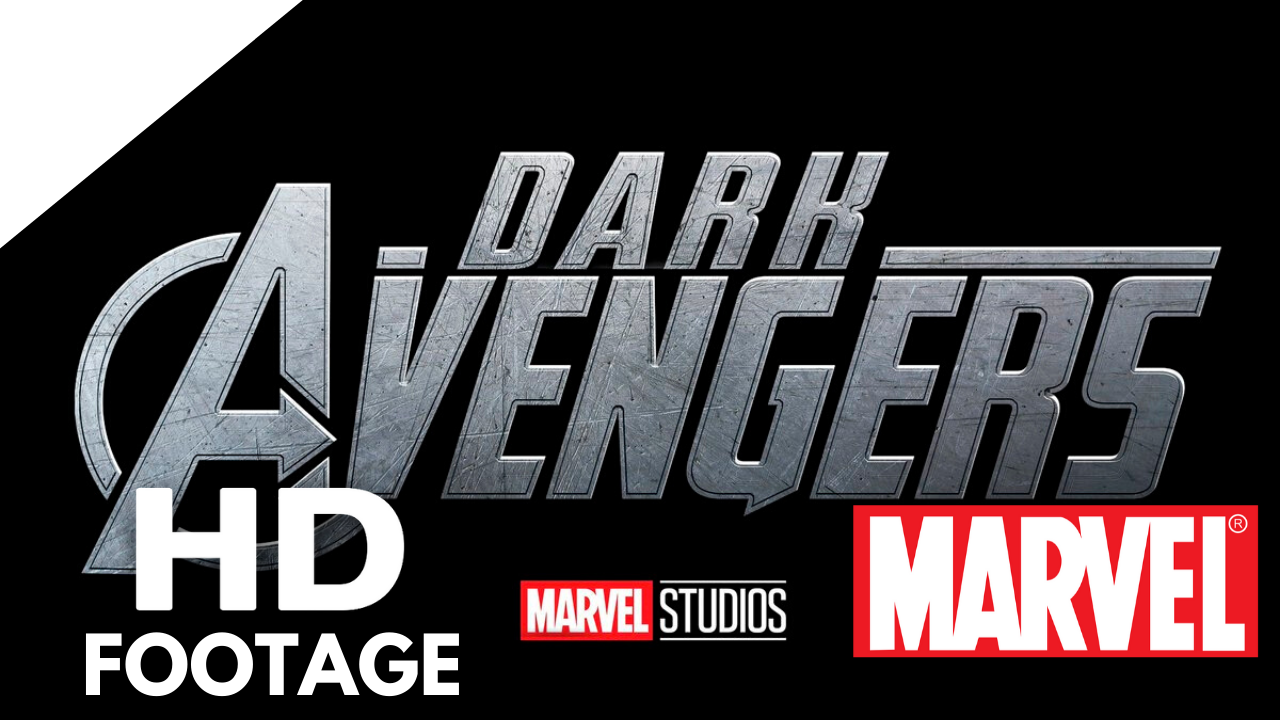
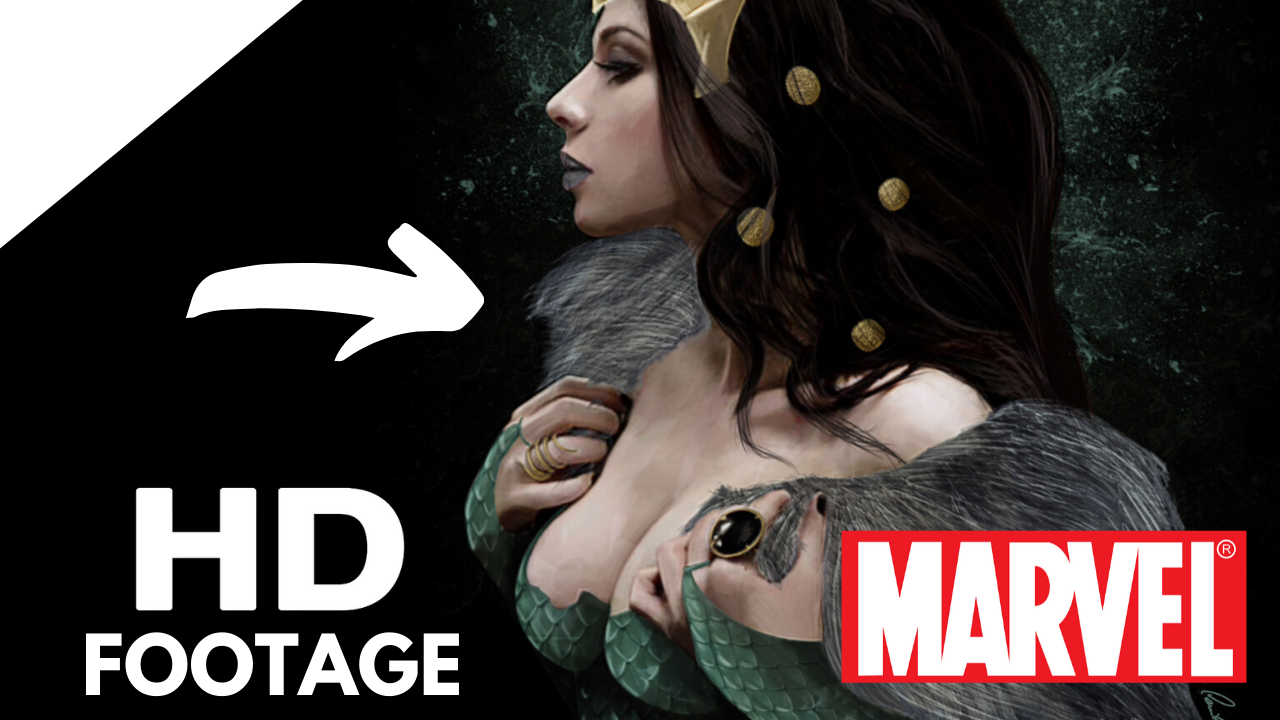

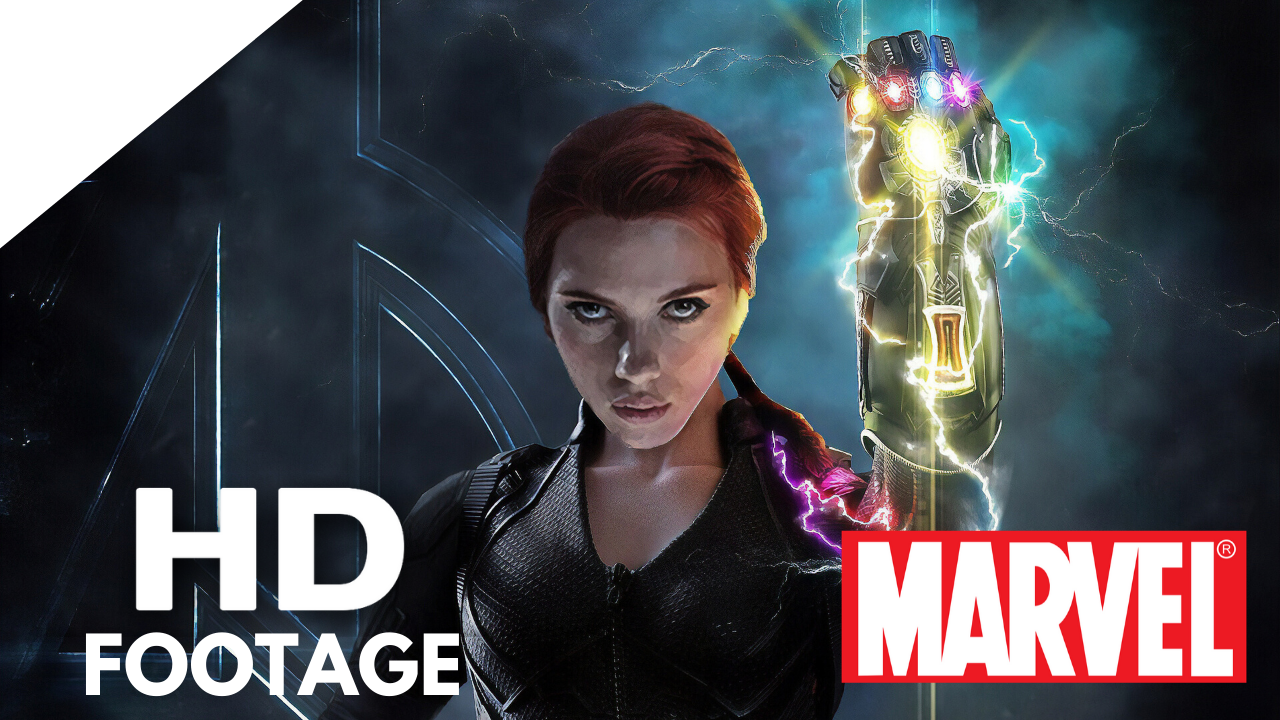
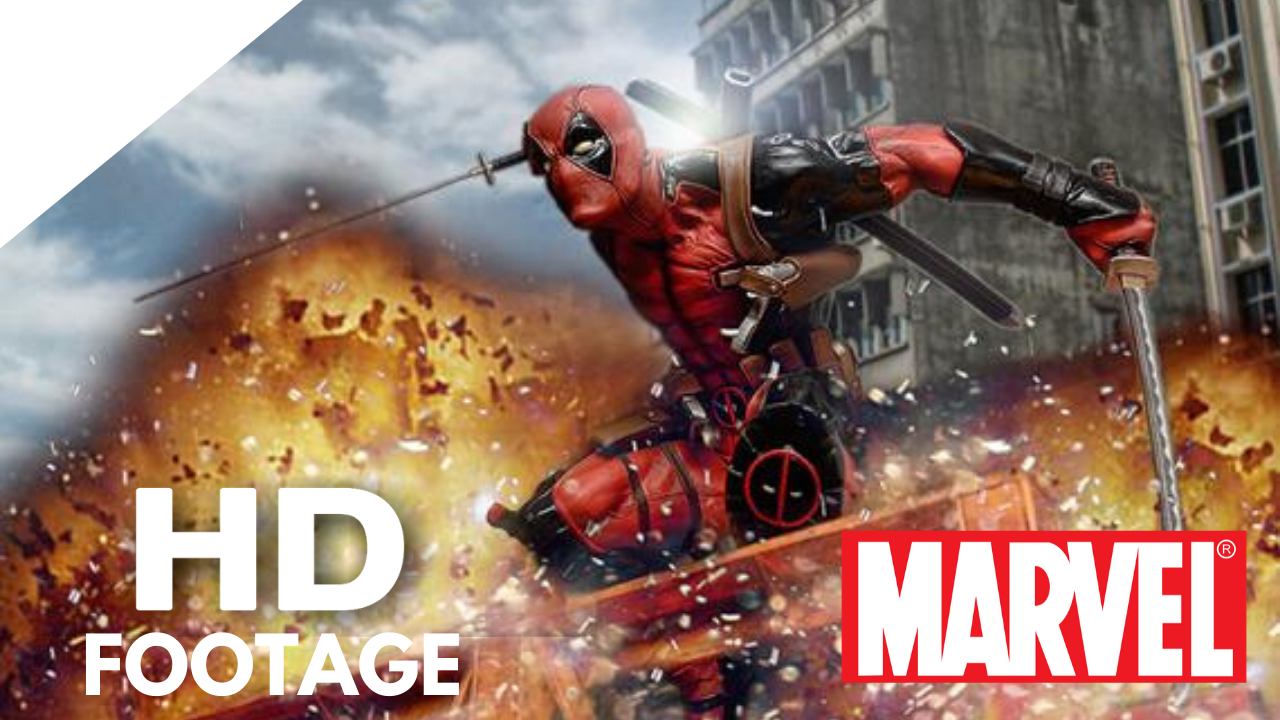
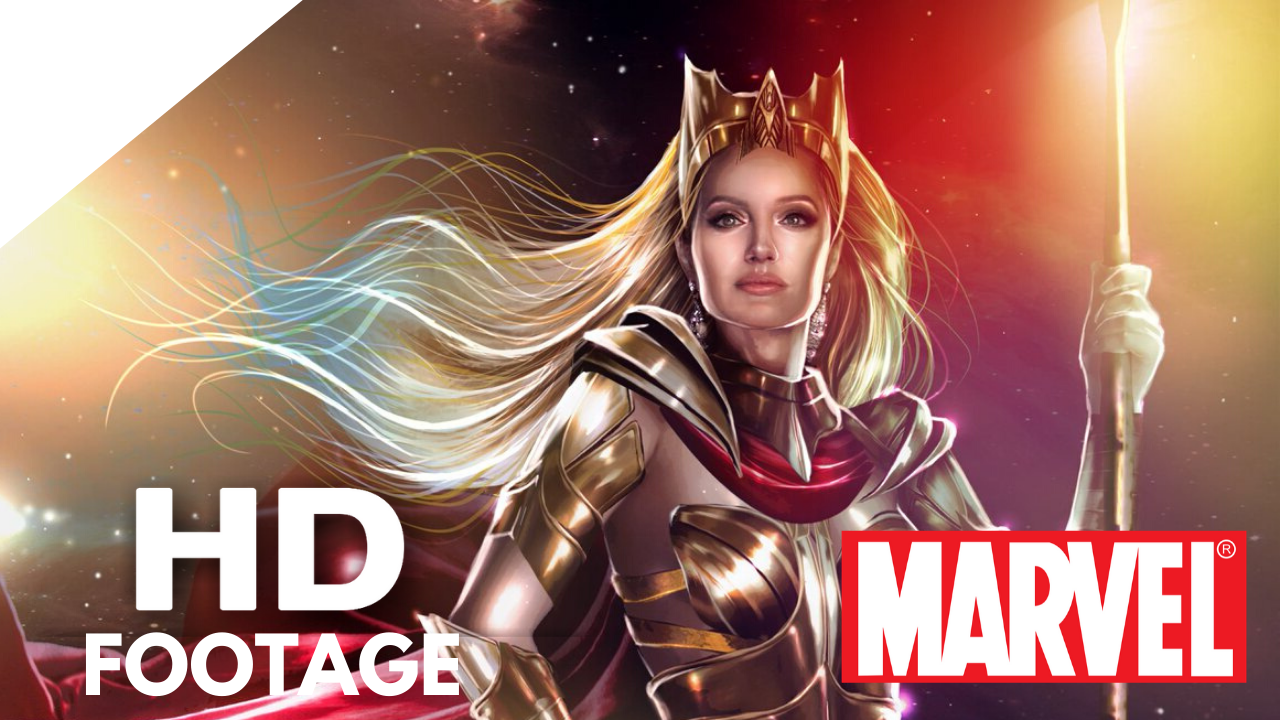
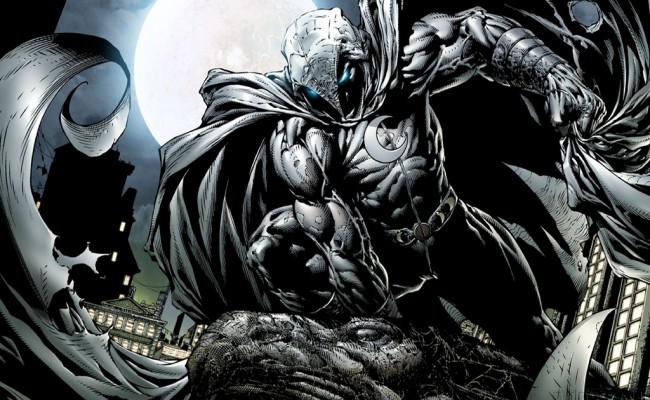
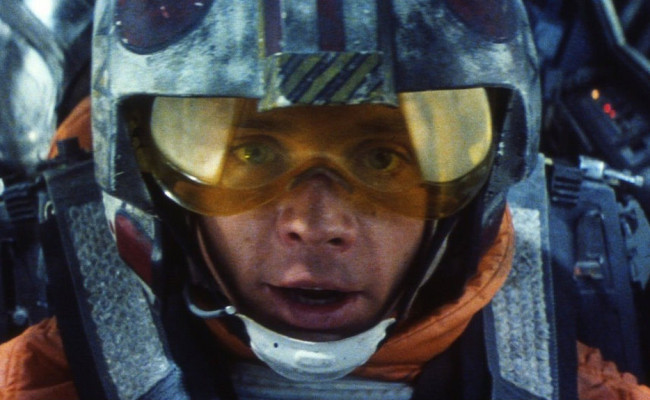
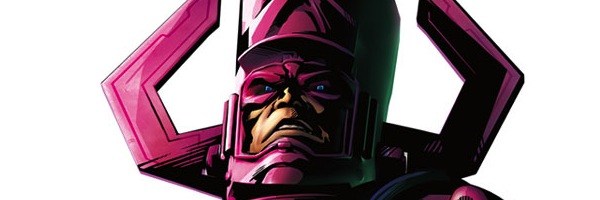
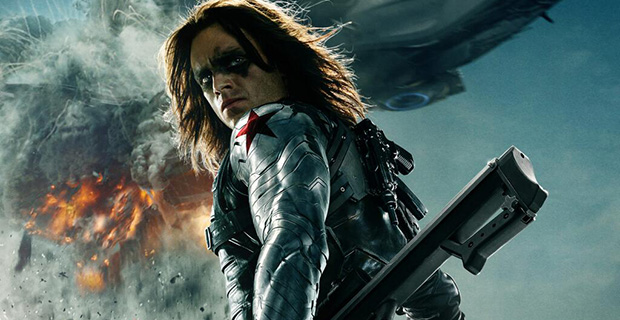
S#!T Talking Central